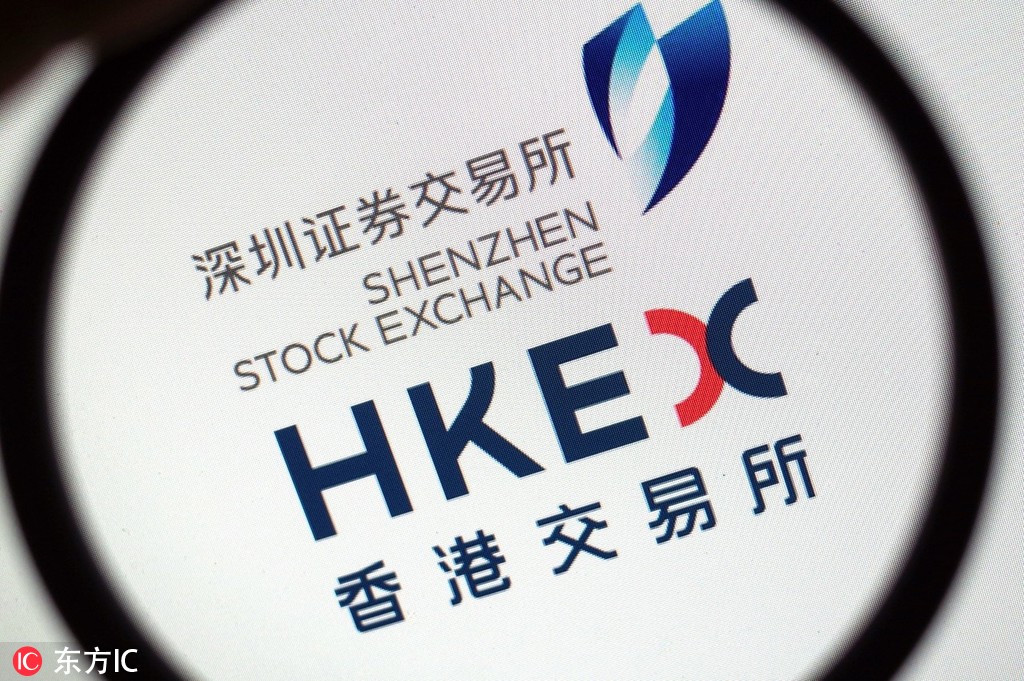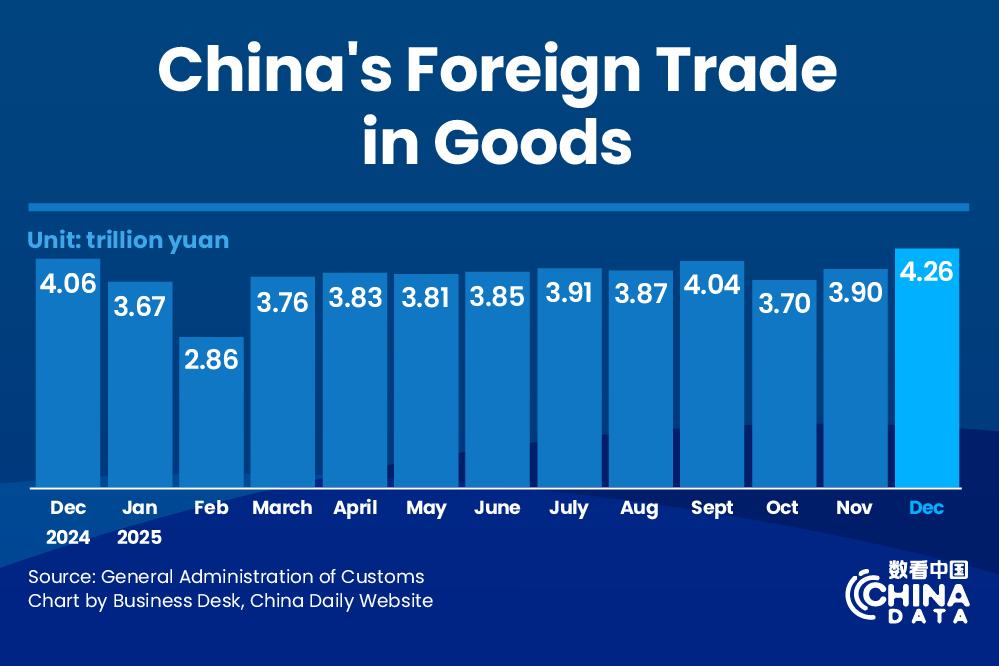Stock links to allow dual-class structures


Mainland, Hong Kong connects set to coordinate market development
The Shanghai, Shenzhen and Hong Kong stock exchanges jointly released an agreement on Sunday to include dual-class shares in their respective stock link programs, and to coordinate the development of capital markets in the Chinese mainland and Hong Kong.
Charles Li Xiaojia, CEO of Hong Kong Exchanges and Clearing Ltd, said after an economic summit in Hong Kong on Monday that the agreement marks positive progress.
The details are in the planning stages and will be released in the middle of next year.
Dual-class share structures allow the issuing of different types of shares by one company. The structure usually consists of Class A and Class B shares, which indicate different weightings of voting rights and dividend payments.
Such structures are more often seen in technology companies such as Facebook, Alphabet and Alibaba. But, some older companies, such as Ford Motor and Warren Buffett's Berkshire Hathaway, also employ this structure.
Dual-class share structures were popular in Hong Kong in the 1970s and 1980s, but were banned in 1989 due to investors' concern their interests were being impaired.
But, the Hong Kong Stock Exchange gave the green light again in April, with Singapore following in its steps in June.
The State Council, China's Cabinet, said in a guideline released in late September that tech companies in the mainland will be allowed to adopt the dual-class structure under revised legislation and regulations.
Industry experts said that the inclusion of the structure in the Stock Connect mechanism will help to boost prices among Hong Kong-listed companies, including technology company Xiaomi Corp and China's largest on-demand services provider Meituan-Dianping.
Xiaomi went public in Hong Kong on July 9 with the offering price of HK$17 ($2.18). However, the company's share price has dropped about 20 percent so far. Its price continued to shed another 2.64 percent on Monday to close at HK$13.28.
The benchmark Hang Seng Index dropped 1.19 percent to close at 25752.38 points on Monday.
Likewise, Meituan-Dianping, which listed in Hong Kong in late September, has seen its price drop by about 28 percent in less than three months. The company's price dropped 3.61 percent on Monday to close at HK$52.05.
Vincent Cheung, partner of online securities brokerage Tiger Brokers, said the inclusion of dual-class shares will bring more Chinese mainland investors into the Hong Kong market in the short term. It is also likely that more Chinese mainland companies with a dual-class share structure will go public in Hong Kong, he said.
But Cheung also warned that the increasing number of listed companies in Hong Kong will not necessarily be best for the market.
"The total value of initial public offerings in Hong Kong has exceeded $32 billion so far this year, which is the highest all over the world. But the performance of the newly listed companies was the worst among all major markets. Although the sluggish market in Hong Kong is one major reason, the overvaluation of new shares is another," he said.
As some investors are giving new shares the cold shoulder, startups that do not accept low valuations will consider opportunities in multiple markets, he added.
Zhou Lanxu contributed to this story.




































